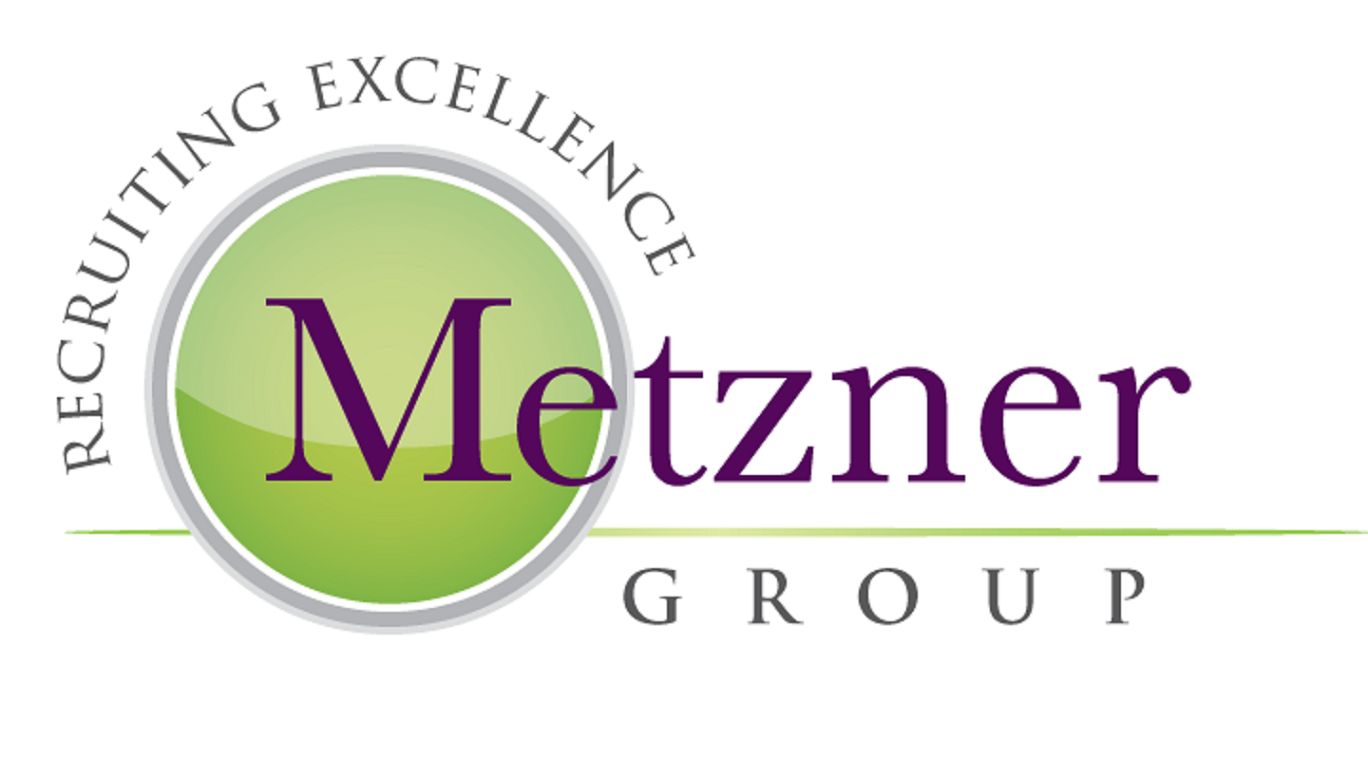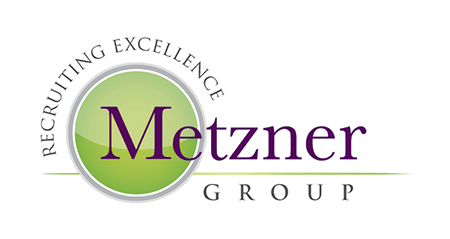Navigating Job Searches as a Senior Candidate: The Network Conundrum
Today, I spoke with a senior candidate who is eager to use his network to explore new opportunities. This made me consider the potential benefits and pitfalls he may encounter.
For many senior professionals, leveraging a well-established network can be a powerful tool in the job search. However, this avenue isn't without its pitfalls. Here's a closer look at potential challenges so you can be prepared to navigate them.
1. Colleagues Feeling Threatened
One of the more delicate issues is the potential for colleagues to feel threatened by your interest in joining their company. As a seasoned professional, you bring a wealth of experience and expertise, which can sometimes be intimidating. This fear of being overshadowed or surpassed in the leadership hierarchy can cause reluctance among your contacts to advocate for your candidacy.
2. Confidential Leadership Searches
Another hurdle is that your connections might not know that their company is conducting a confidential search for new leaders. If you're not in the know, this can lead to awkward situations or missed opportunities.
3. Over-reliance on Familiar Networks
Relying too heavily on your existing network can limit your opportunities. While staying within the circle of known contacts is tempting, it can restrict access to new and diverse prospects.
4. The Reciprocity Dilemma
There’s also the risk of feeling beholden to those who help you. While networking is a two-way street, the pressure of reciprocity can add stress.
With over 35 years of experience recruiting for A/E professional services, I believe using an executive recruiter can be a valuable strategy.
Utilizing a trusted, established, and respected executive recruiter can help you navigate the complexities of your job search. We have insider knowledge of confidential leadership searches and can advocate on your behalf without the complications that might arise from personal connections.
If not me, seek out recruiters with a solid track record in your industry. They can provide valuable insights, connect you with opportunities you may not find, and help present your candidacy in the best possible light.
In conclusion, while leveraging your network can be highly effective, awareness of and proactively addressing pitfalls can significantly enhance your job search success. Keep the lines of communication open, approach with empathy, and diversify your outreach to navigate the network conundrum seamlessly.
Carol Metzner, THE METZNER GROUP, www.themetznergroup.com
The Metzner Group Blog



